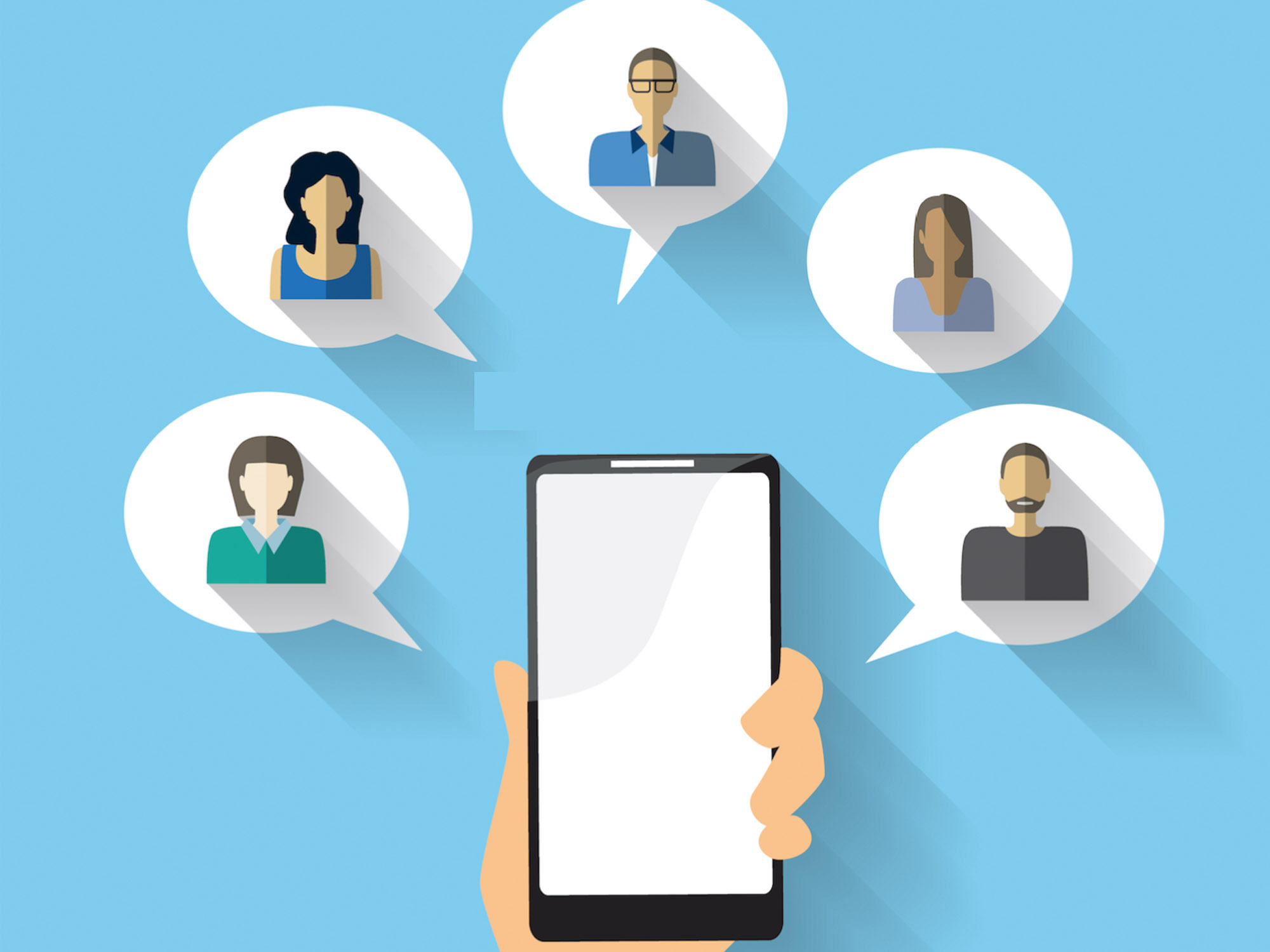This week I am going to reflect on a key change in my reflective practice. I have learnt a lot from being involved in Mindlab. Using Rolfe's Model of Reflection (Rolfe et al., 2001). The key change I will be reflecting on will be related to one of the themes from Our Code, Our Standards (Ministry of Education, 2017). The theme of "Professional Learning".
Step 1 (What):
Before I started Mindlab I thought that I was pretty confident using ICT and had a good classroom culture of student agency set up. I used Ipads in my classroom mainly for games and Seesaw. I had also started my professional blog but was not really using it to its full potential. I also had many questions around how I was using the devices and if I was using them effectively or not.
A key change I believe that has changed is how I am using the devices to be more effectively from the professional learning I am learning in Mindlab. Professional learning in the Our Code, Our Standards (Ministry of Education, 2017) is all about "using inquiry, collaborative problem solving and professional learning to improve professional capability to impact on the learning and achievement of all learners".
Step 2 (Now What):
Below I am going to use the Cycle of Experiential Learning (Osterman and Kottkamp, 2015) to critically reflect on my key change.
Stage 1 Problem identification
My problem was that I thought there was a more effective way to use the devices I had but I didn't know what or how to improve this. My students were using digital devices but were they using them as effective tools for learning. I thought I was giving students chances to show more student agency but I wasn't sure if I was being successful or not.
Stage 2 Observation and Analysis
The data I gathered is mainly knowledge through Mindlab. Mainly in the areas of:
- 21st Century Skills
- Collaborative Learning
- Agency
- Inquiry Learning
- Digital devices and apps
All of these areas I feel that I have benefited and begun to use them more in my classroom.
Stage 3 Abstract re conceptualization
I new skills and knowledge I have developed have allowed me to become a more confident and meaningful teacher. I now have a strong foundation of knowledge which outlines my thinking and actions.
Stage 4 Active experimentation
Through my professional learning around Mindlab I have learnt to become more reflective around my learning. I believe that I am using the devices in my classroom more effectively and students can re-call what they are learning when using them and what helps them with their learning. My new understanding around ways to use devices as more of a tool for learning and around the 21st century skills/learning means that I am able to respond effectively to the needs of my 21st century students.
Step 3 (What Next):
I intend to continue my learning journey. Continuing on my reflective practices on Blogger so that I can use these as evidence towards our teaching standards. I also want to keep up to date with the available apps and digital tools that would continue to help the students in my class to be more effective.
References:
Ministry of Education (2017). Our code, our standards. Retrieved from
https://educationcouncil.org.nz/content/our-code-our-standard
Osterman, K. F., & Kottkamp, R. B. (2015). Reflective practice for educators : professional development to improve student learning.(2nd ed.) New York: Skyhorse Publishing.
Rolfe, G., Freshwater, D., Jasper, M. (2001) Critical Reflection Model. Retrieved from: https://my.cumbria.ac.uk/media/MyCumbria/Documents/ReflectiveModelRolfe.pdf



